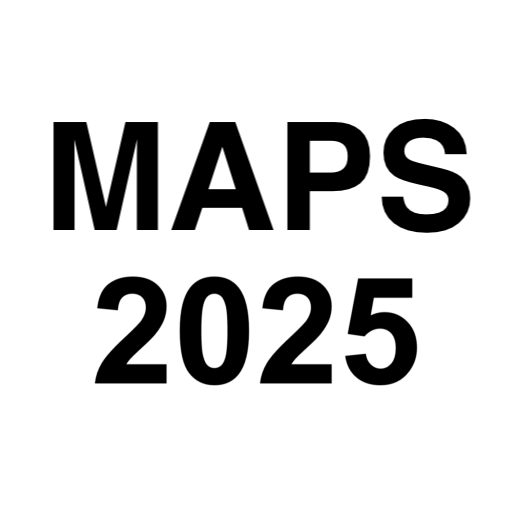The 1st International Workshop on Machine learning and Analytics for PSychology (MAPS) will be colocated with ICDM 2025 in Washington D.C., USA.
This workshop aims to foster interdisciplinary collaboration between the fields of data science and psychology, addressing the growing need for advanced computational methods in psychological research. The key objectives of the workshop include:
Scope
The workshop will cover a broad range of topics at the intersection of data science and psychology, including but not limited to:
Submissions will undergo a single-blind review process; author identities are known to reviewers. Each paper will be reviewed by at least three independent reviewers, while a senior PC member will monitor the reviewing process.
All accepted paper contributions will be published in the ICDM Workshop Proceedings.
Formatting instructions
Paper submissions should be limited to a maximum of ten (10) pages in the IEEE 2-column format, including the bibliography and any appendices. Submissions longer than 10 pages will be rejected without review. All submissions will be triple-blind reviewed by the Program Committee based on technical quality, relevance to the scope of the conference, originality, significance, and clarity. The following sections provide further information for authors.
Authors are invited to submit original papers that have not been published elsewhere and are not currently under consideration for another journal, conference, or workshop; neither will they submit their papers elsewhere during the review period of MAPS 2025. The authors, their contact information, or affiliations may not be changed after the paper submission deadline. If the paper is accepted, at least one of the authors must register for the Workshop and present the paper in person in Washington D.C.
Submission
Papers must be submitted electronically in PDF format using at Cyberchair.
- Paper submission deadline:
August 29, 2025September 1, 2025 (EXTENDED) - Notification of acceptance: September 15, 2025
- Camera-ready: September 25, 2025
All submission deadlines are end-of-day in the Anywhere on Earth (AoE) time zone.
